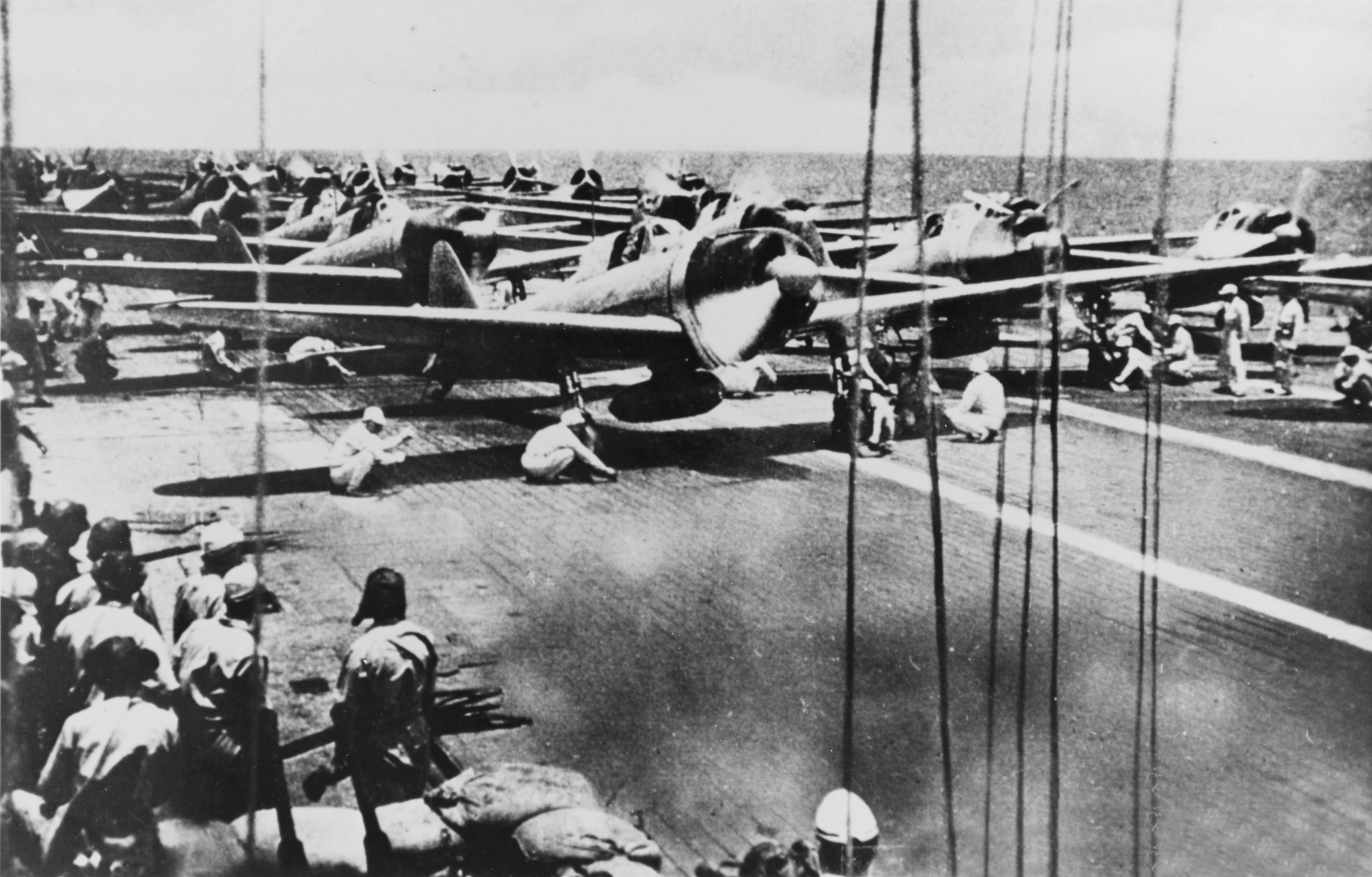 We have, for the first time since the 1990s, a European war on. In fact, we have the first since 1945, if one considers the tragedy in the Balkans, after the breakup of Yugoslavia, to be a civil war.
We have, for the first time since the 1990s, a European war on. In fact, we have the first since 1945, if one considers the tragedy in the Balkans, after the breakup of Yugoslavia, to be a civil war.
If President Putin triumphs, however, it appears that his victory will be pyrrhic. That metaphor has a long, interesting history but also, as descriptor, it reveals a long past of human suffering.
The adjective pyrrhic denotes an ancient Greek war-dance. Check that etymology at the OED link. In this sense, the term has no related to King Pyrrhus of Epirus, who won a battle against the Romans but at a terrible cost in irreplaceable manpower. Recent examples might include some of Japan’s early victories in World War II. Their navy, in particular, lost aviators who had been some of the best in the world, in 1941. They never replaced them properly, with horrible consequences for their military and civilian population.
Wikipedia lists other examples. The term enjoys use beyond military history; any contest where the winner comes out weaker could be labeled a Pyrrhic Victory. Consider this example from 1998, in the OED entry on pyrrhic as adjective:
For the Chancellor who has been running Germany for 16 years, pushing through the euro could be pyrrhic.
That entry also has a great deal about our metaphor, including a first usage in the 17th Century.
Any victory that the Russian President and his circle of minions achieve may be added to the list of nation-breaking victories. I’d prefer peace, with honor for Ukraine, and without more bloodshed. Right now, however, that prospect appears remote.
Do you have a word or metaphor for this blog? Send them to me by e-mail (jessid -at- richmond -dot- edu) or leaving a comment below.
Image of Battle of Santa Cruz courtesy of Wikipedia.